Working remotely is the new norm in the corporate culture. And, with digital nomads on the rise, more countries are opening up their doors to foreign workers.
To fit into this new paradigm of digital nomadism, even Germany has introduced a pathway to start working in Germany for non-EU residents.
Whether it’s the cultural backdrop, high economy, or the quality of life, Germany has always appealed to a global community. Making it one of the best countries for digital nomads.
Now, with the Germany digital nomad visa, you can easily settle into this cultural capital of Europe. And, balance your work with the wanderlust.
But how to get started with the visa application process? Well, no need to worry. I have got you covered.
Today, I have brought you a complete guide on everything you need to know about the digital nomad visa in Germany.
From eligibility and benefits to application process and renewal policy, I have minutely delved into all the possible questions you might have.
So, what’s the wait for? Keep reading to start living your nomadic life in Germany!
Does Germany Offer A Digital Nomad Visa?
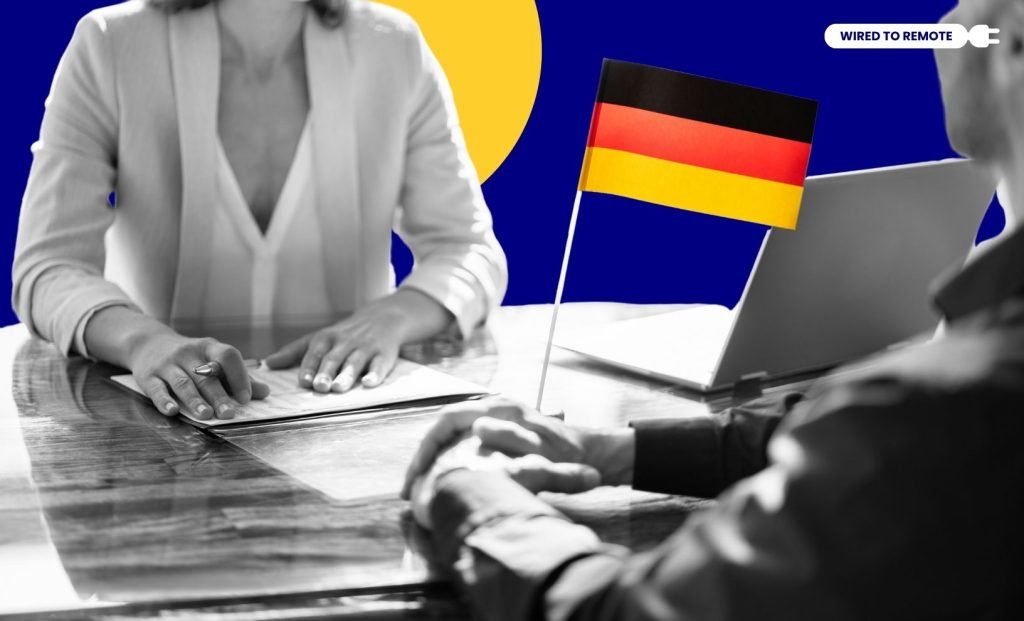
If you search for the Germany digital nomad visa on Google, it will show you ‘no results found’. That’s because there is no official digital nomad visa introduced in Germany.
However, it has three types of visas that offer all the provisions of a digital nomad visa. So, remote workers are applying for these to start their nomadic lifestyle.
These German visas include:
- Freiberufler (Freelance Visa): If you are a freelancer and working remotely, you can apply for the visa provisions.
- Selbständiger (Self-Employment Visa): This type of visa is available for business owners and entrepreneurs who are self-employed.
- Chancenkarte (Job Search Opportunity Card): It is reserved for skilled workers who want to move to Germany to search for job opportunities.
Germany Freelance Visa Vs Self-Employment Visa
Among the three, most nomads prefer the freelance visa. And, if some want to expand their own business, they opt for the self-employment visa.
Even though both visas are preferred, they are not the same. There are certain key differences in their provisions. Some of these differences are:
| Freelance German Visa | Self-Employment German Visa |
|---|---|
| Permits freelance remote workers to stay and work in Germany. | Allows self-employed business owners and entrepreneurs to work on their start-ups in Germany. |
| The duration of the visa is 1 year. | The duration of the visa is up to 3 years. |
| Can be extended for 3 years. | No extension. But gives a settlement permit. |
| You need to have the creative qualifications for freelancing. | Your business needs to be of Germany’s interest. |
So, naturally, most digital nomads choose the freelance visa to move to Germany. As it gives both a temporary as well a permanent permit to reside in the country.
What Is The Eligibility Criteria For The Digital Nomad Visa Germany?
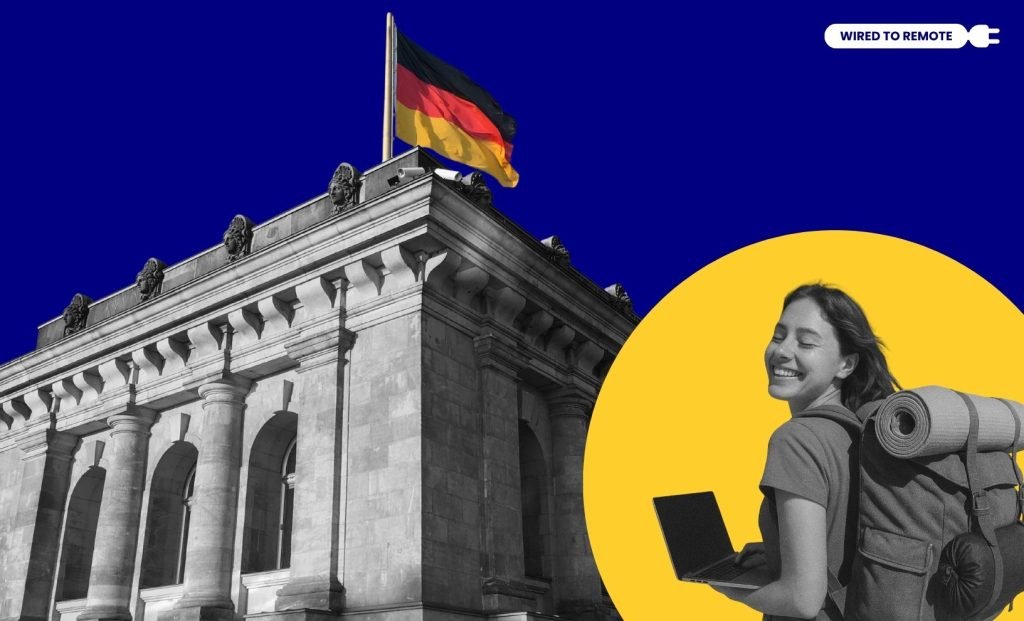
Before jumping into the application process, you need to know whether you fit the eligibility criteria for the visa.
Who Is Eligible To Apply?
To ensure that your remote work sufficiently contributes to the German economy, the country has set up some requirements for applying for the freelance visa.
- Your freelance work should be from any of these professional fields— creative, advisory, medical, technical, or teaching.
- Moreover, you should have client demands for your services.
- To ensure you can manage a lifestyle in Germany, you need to have a minimum annual income of €10,000.
- Furthermore, if you are above the age of 45 years, you should have a proper pension plan to support your retirement.
- Also, you must have travel insurance for digital nomads for your travels and medical needs.
- Finally, you need to have a legal residence in Germany.
Documentation Requirements For Freelance Visa
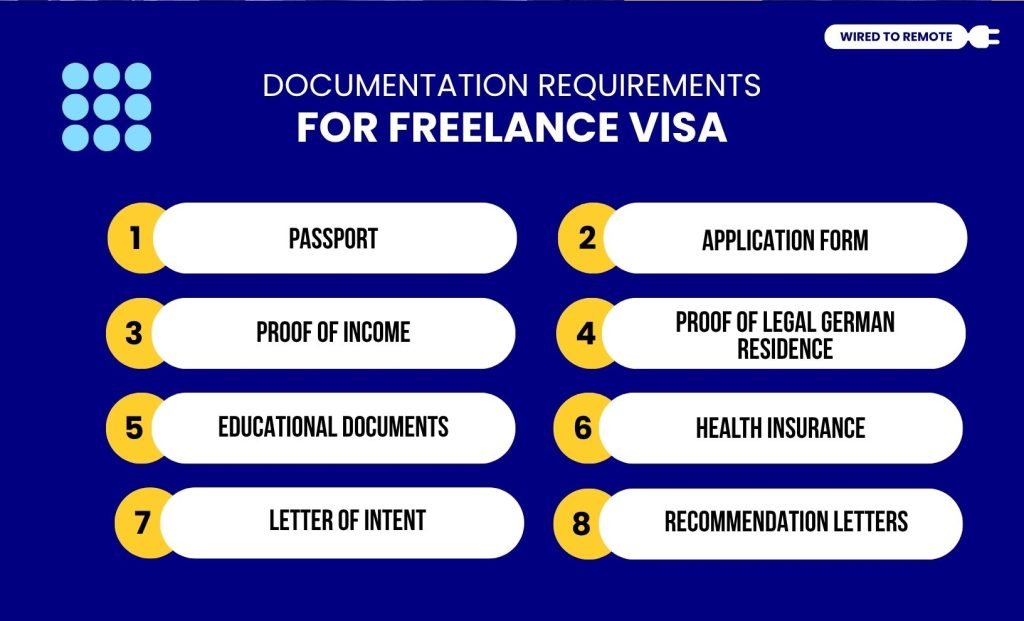
Here is a list of all the valid documents you need to provide to get your visa application approved.
- Passport: For identity verification, you need to have a valid passport.
- Application Form: You should also carry a duly filled application form for the freelance visa.
- Proof Of Income: To check whether you meet the minimum income requirement, you need to provide proof of your income.
- Proof Of Legal German Residence: You should have a duly signed copy of your rental lease from your landlord in Germany as proof of residency.
- Educational Documents: All your educational certificates showing your expertise and qualifications are needed.
- Health Insurance: A proper health insurance should be provided that covers all your medical, hospitalization, and repatriation expenses.
- Letter Of Intent: In a letter of intent, you need to provide the details that the clients want to use your services.
- Recommendation Letters: You need two recommendation letters from your clients to show that your services are satisfactory and in high demand.
Why Choose Germany To Work Remotely?
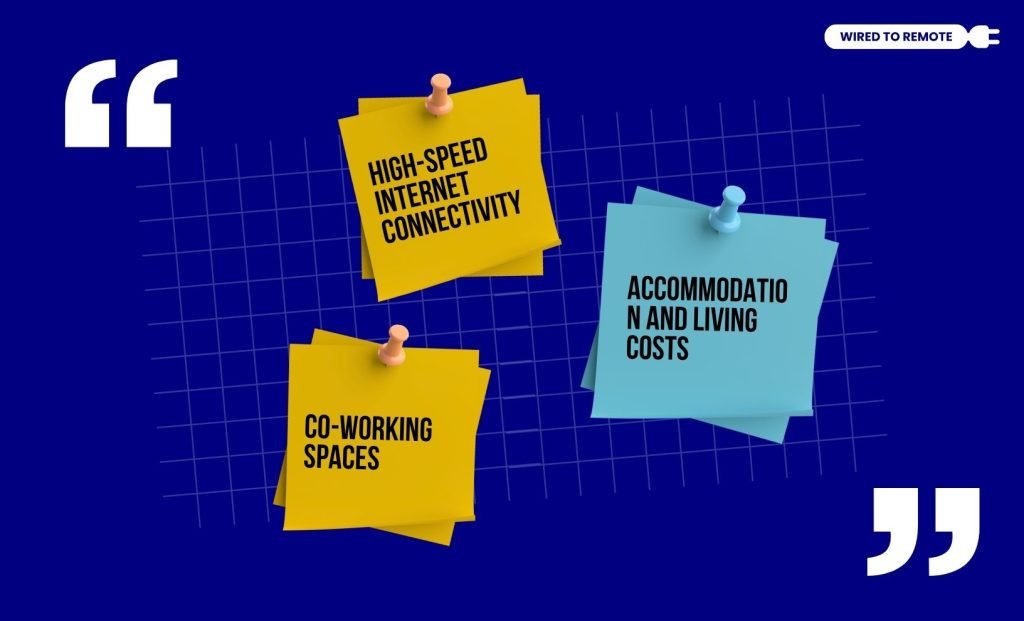
Apart from the rich cultural backdrop and architectural beauty of Germany, there are many reasons why nomads are choosing Germany over Italy or Japan for remote working. Some of these are:
1. High-Speed Internet Connectivity
Firstly, Germany is a hub of top cities with fast internet speed.
With an average internet speed of 96.33 Mbps, it provides you with the best network connectivity services.
So, you get a high-speed internet connection for doing your remote work without any connection issues.
2. Co-Working Spaces
Additionally, the country has over 250 designated co-working spaces for remote workers to do their work.
In all of these spots, the internet speed is top-notch, with free Wi-Fi services, and a perfect working environment for the digital nomads to stay productive.
3. Accommodation And Living Costs
Unlike the common belief, Germany is actually quite an inexpensive country. Here, you can find affordable accommodations and rental spaces.
Moreover, the cost of living is actually quite less compared to other countries in Europe. So, you can build a proper nomadic lifestyle without spending your entire paycheck.
How To Apply For The Germany Nomad Visa?
Now that you have an idea about the remote working possibilities in Germany, let’s look into the visa application process and renewal policy.
Step-By-Step Application Process
Here is a step-by-step guide for the German freelance visa application process.
- Get an appointment with your nearest German consulate and get your application form.
- Fill up the form and submit it along with the valid documents.
- Then, pay the fees for the application and wait for the processing.
- Once you get the approval, you can get the visa and move to Germany.
- Right after you move there, you need to register and get the Freelance Tax Number from the tax office.
- Then, you need to register your residence with the legal agreements.
- After that, you will get an appointment with the immigration officer. Once your immigration process is approved, you can start staying and working remotely.
Visa Costs And Processing Time
The application form fees might vary from country to country. So, you need to ask at the German embassy office for the total visa processing fees.
However, on average, the processing costs for the freelance visa usually range between €200 to €500.
Moreover, the processing time for the visa is around 3 to 4 months. During this time, you need to be patient and wait for the approval.
Renewal And Extension Policy
Luckily, you can extend your freelance visa provisions after 1 year. It can be extended up to 3 years. You can also renew the visa after the 3-year expiration.
Additionally, after the 3 years of having temporary residency with the visa, you can apply for permanent residency. This way, you can extend your stay in Germany.
Things To Keep In Mind Before Applying For The Germany Digital Nomad Visa
Before moving to Germany, you need to consider a few things that can obstruct your smooth settling into a foreign country.
Firstly, when you are moving into a new cultural place, you need to consider the cultural differences. Be patient and learn their ways to avoid local conflicts.
Secondly, the visa process is time-consuming. The officials need to verify documents before giving approval. So, you need to wait patiently for the time being.
Finally, to ensure you get to feel at home in a foreign land, try to join the expat community. With them, you will feel at home even when you are far off to another land. Now that you have the complete guide, you can start your backpacking for moving to Germany. With a digital nomad lifestyle and remote work, start living your dream life!
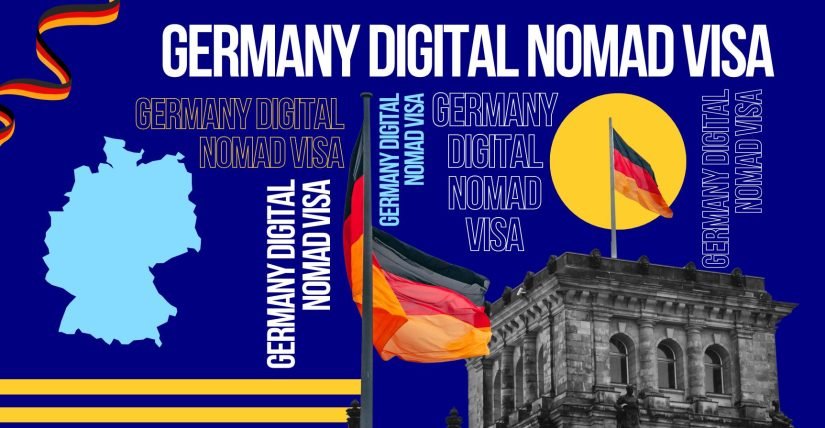


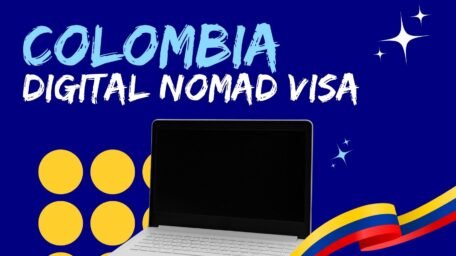
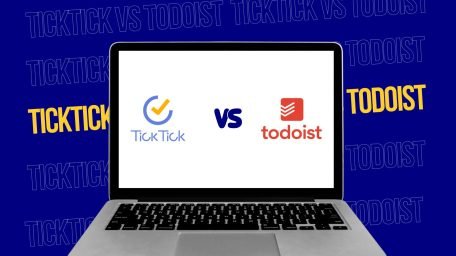
Leave A Comment